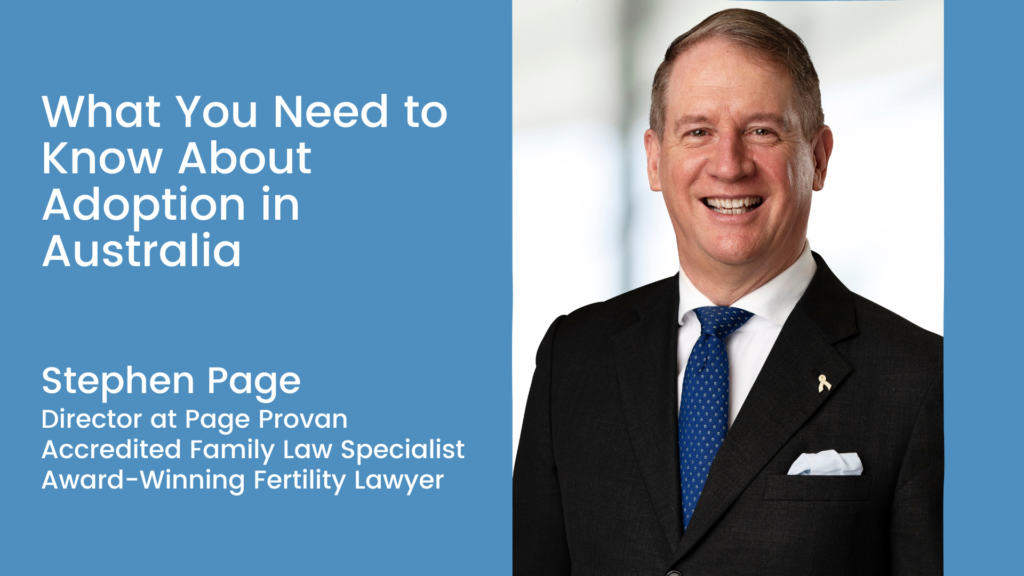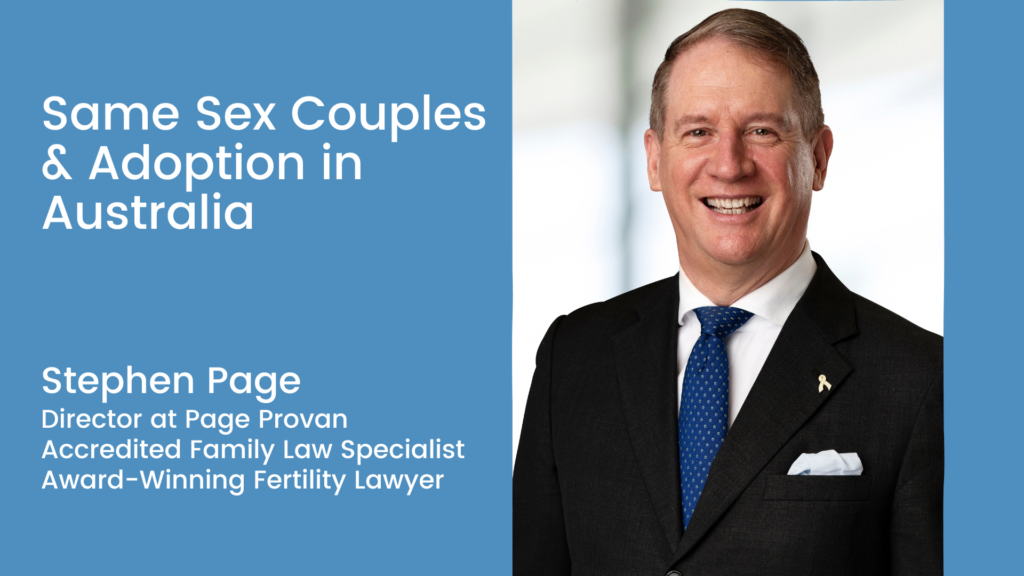Why I support the joint statement by LGBTI leaders against the plebiscite bill
The cause of our angst
In 1961 then Attorney-General in a coalition government, and later Chief Justice Sir Garfield Barwick pushed the Marriage Bill, through Parliament. At the time it was considered revolutionary. Despite vehement Church opposition to the Marriage Bill, no one came up with the idea that Parliament should abrogate its job and have a plebiscite.
In 1975, when under Attorney-General Lionel Murphy, the Marriage Act was amended to allow civil celebrants, no one, despite vehement Church opposition, suggested that Parliament should abrogate its job and have a plebiscite. Now about 80% of marriages are celebrated by celebrants, not ordained Ministers.
In 2004, John Howard with Labor support caused amendments to be made to the Marriage Act 1961 to prevent same sex marriage. Again, no one suggested that there should be a plebiscite. One could imagine that John Howard would have vigorously opposed such a step.
While I considered (and still do) that this was a retrograde step, I have never opposed the ability of Parliament to legislate for the common good.
But it is this legislation that is the reason the Marriage Act needs to be amended. For several years, various MP’s and Senators have come up with quick and simple legislative fixes to fix the Marriage Act and remove the discrimination. This was solidly opposed by the coalition, and earlier by Labor.
Last year came the fix from the right of the Liberal Party, and spurred on by the Nationals, Tony Abbott embraced the plebiscite as a way of allowing open debate about same sex marriage- but as a means ultimately of defeating it.
As a seeming price of his becoming PM, Malcolm Turnbull, who rightly opposed the idea of the plebiscite, has embraced it, took it to the general election, and by a majority of one, won the election.
And now we have a proposed plebiscite that:
- is unnecessary
- devalues the role of Parliament, and through it our representative democracy, which despite its faults has meant that Australia is one of the oldest democracies in the world, and which by its openness has meant that we are prosperous and stable. Our respect for our democratic institutions, including that of Parliament, are fundamental to that.
- seeks to have the majority decide whether or not a minority have rights- and not just any rights- but the right to one of the most fundamental things- the right to form a relationship- to marry, rather than Parliament recognising those rights
- sets a precedent that when things get too hard, will cause MP’s to throw it to a plebiscite rather than doing their jobs, the jobs we as taxpayers pay them to do.
- will lead to the most rancorous debate. There will be a permanent impact on many LGBTI people. I don’t accept that debate will be civilised. While laws prevent and will continue to prevent abuse being published- in the homes and on the streets homophobic abuse will continue. All too often I am subject to that abuse now. Why should I believe when the emotions are heightened that now it won’t happen? Ireland is given as the example of a success story of a referendum. In Ireland a referendum was required to change the constitution. We don’t need that. Now most LGBTI Irish are saying that the process of going through the referendum was such that they would likely not do something like that again, it was so scarring.
- is a fundamental waste of money- at last count $200 million. Of all the ways that Government can waste money, this is a pretty extreme way, when according to pollsters, every electorate in the country, except one, the outback Queensland seat of Maranoa, is in favour of same sex marriage. Even Bob Katter’s outback seat of Kennedy is in favour.
While I remain deeply saddened that marriage equality has not come, and will not come soon, the more I think about the plebiscite, the more I am opposed to the idea.
As a nation, we can do better.
Here is the public statement that I support:
As organisations and leaders of the lesbian, gay, bisexual, transgender and intersex (LGBTI) communities, we call on the Australian Parliament to ensure that every Australian is able to marry the person they love, in the country they cherish.
Making a solemn commitment to build a secure future with your partner, in front of your family and friends, is something that should be publicly celebrated. Declaring your commitment to look after your partner in sickness and health both cements your relationship through the rough times and shares your joys in the good times.
We make this call not only on behalf of LGBTI communities and their families who have been waiting for over a decade, but importantly to ensure future generations of LGBTI Australians can grow up on equal footing with their peers.
Two thirds of the Australian people, a majority of both houses of parliament and leaders of all major parties support marriage equality. We have never had so much support for achieving this small step towards every Australian having the same opportunities as their neighbour.
Our shared goal is simple – we want marriage equality as soon as possible at the lowest cost. The most efficient and effective way of achieving marriage equality is a vote in Parliament, a power confirmed by the High Court in 2013.
Marriage equality is about people, not politics. It is about the grandma who wants to see her granddaughter married in her lifetime, the parents who want to walk their children down the aisle, the children who wish to see their parents marry, and the many ageing couples who have endured inequality throughout their lives.
Our relationships, future happiness and security should not be used for political point-scoring.
We call on our political leaders to put aside partisanship and come together to find an achievable pathway for marriage equality, this term.
The Government proposes a plebiscite which we believe is unnecessary, costly and divisive, when the law can be changed through a straightforward vote in parliament. No Australian should have to witness a national debate on their worth or the value of their relationship. We are particularly concerned about the psychological impact on our communities caused by repeated exposure to divisive national discourse – concerns that are based on research evidence.
Our expectation has always been that should a plebiscite proceed, parliament would ensure a fair and reasonable plebiscite process that recognises the impact of this national conversation. Unfortunately, the plebiscite machinery legislation now presented by the government is neither. Indeed it is unfair, unjust and unworkable:
- No government amendments to the Marriage Act have been provided as yet, nor are they guaranteed to come into effect following a successful Yes vote. It is unreasonable to expect the community and the parliament to vote on a plebiscite without first seeing the detail of what will be enacted upon a successful vote.
- It is unacceptable to use $15 million of tax-payer dollars to fund the YES and NO committees, adding to the already extraordinary cost of the plebiscite. The proposal requires no truth-in-advertising test, yet will be seen as being endorsed by the Australian Government.
- The Government’s bill will create an uneven playing field. Religious organisations already enjoy a range of tax benefits and concessions denied to other entities. Few LGBTI organisation have comparable tax deductibility status. Limiting tax-deductible donations to $1500 for individuals will exacerbate this unfairness.
- The question is unnecessarily complex and the wording ‘same-sex’ fails to be fully inclusive of all LGBTI relationships. Media reports that the question has been crafted to improve the chances of a ‘no’ vote are troubling.
- The plebiscite package provides no strategies or funding to address the considerable concern about the impact of the plebiscite on LGBTI communities, our families and friends. We have already seen reports of LGBTI Australians distressed.
Given this, we call on parliament to vote down the plebiscite machinery legislation.
Additionally, we reinforce our call that these reforms should not be delayed due to the politicking of parties in Canberra. We call on all Members of Parliament of good conscience to work together to deliver marriage equality this term.












